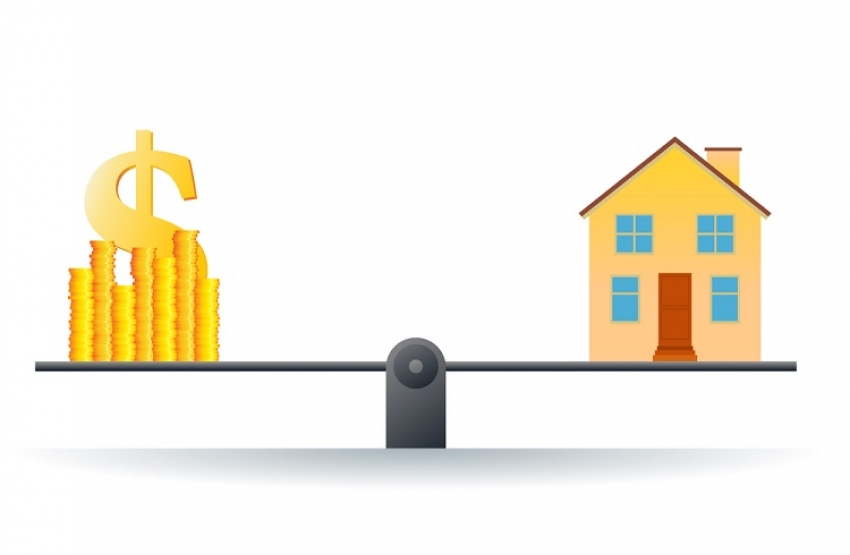
When buying a home, you may come across the term LTV, which is short for "loan to value". This financial term is used to define the ratio of the amount of money borrowed in a mortgage to the value of the property for which it used. Banks typically use LTV to assess risk and ultimately determine whether or not an applicant is a suitable candidate for a loan. To learn more about what is loan to value in real estate, continue reading below.
What is Loan to Value in Real Estate?
Loan to Value: The Basics
The primary purpose of LTV is to assess a home buyer's risk of default. Following the housing market crash of the early-to-mid 2000s, lenders have become increasingly conscious of whether or not borrowers are capable of paying their loans. While LTV isn't the only criteria used to assess a buyer's risk of default, it's one more tool that lenders use to determine who's approved and who doesn't qualify for a mortgage loan.
If you're planning to buy a home, you'll need to consider both the sale price of the property and the amount of money you need to borrow. As previously stated, lenders prefer borrowers with a low LTV, because it indicates a higher amount of equity in their home; thus, they are less likely to default than their counterparts with a high LTV. Generally speaking, the lower your loan's LTV, the better the rates. Mortgage loans with a low loan to value ratio typically have lower interest rates when compared to high-LTV loans.
Still confused about LTV in real estate? Here's a real-life example: if you take a $200,000 mortgage loan on a property that costs $150,000, the loan's LTV is 75% ($150,000 is 75% of the $200,000 mortgage).
Confirming Loans
It's important to note that conforming loans adhering to Fannie Mae and Freddie Mac are limited to an 80% LTV. This means home buyers can't obtain a conforming loan that's higher than 80% of the property's sale price. However, you may be able to go through a private mortgage insurance company.
Additionally, there are refinance loans available to borrowers who are upside down on their mortgage. These refinance options actually have LTVs over 100%. HARP Refinance is one such program that supports high-LTV loans.
This article was brought to you by Premier Island Properties - A full service real estate firm serving Hilton Head Island and Bluffton, South Carolina. For more real estate news, information, and interesting facts about the Lowcountry, please visit our website.
Premier Island Properties



